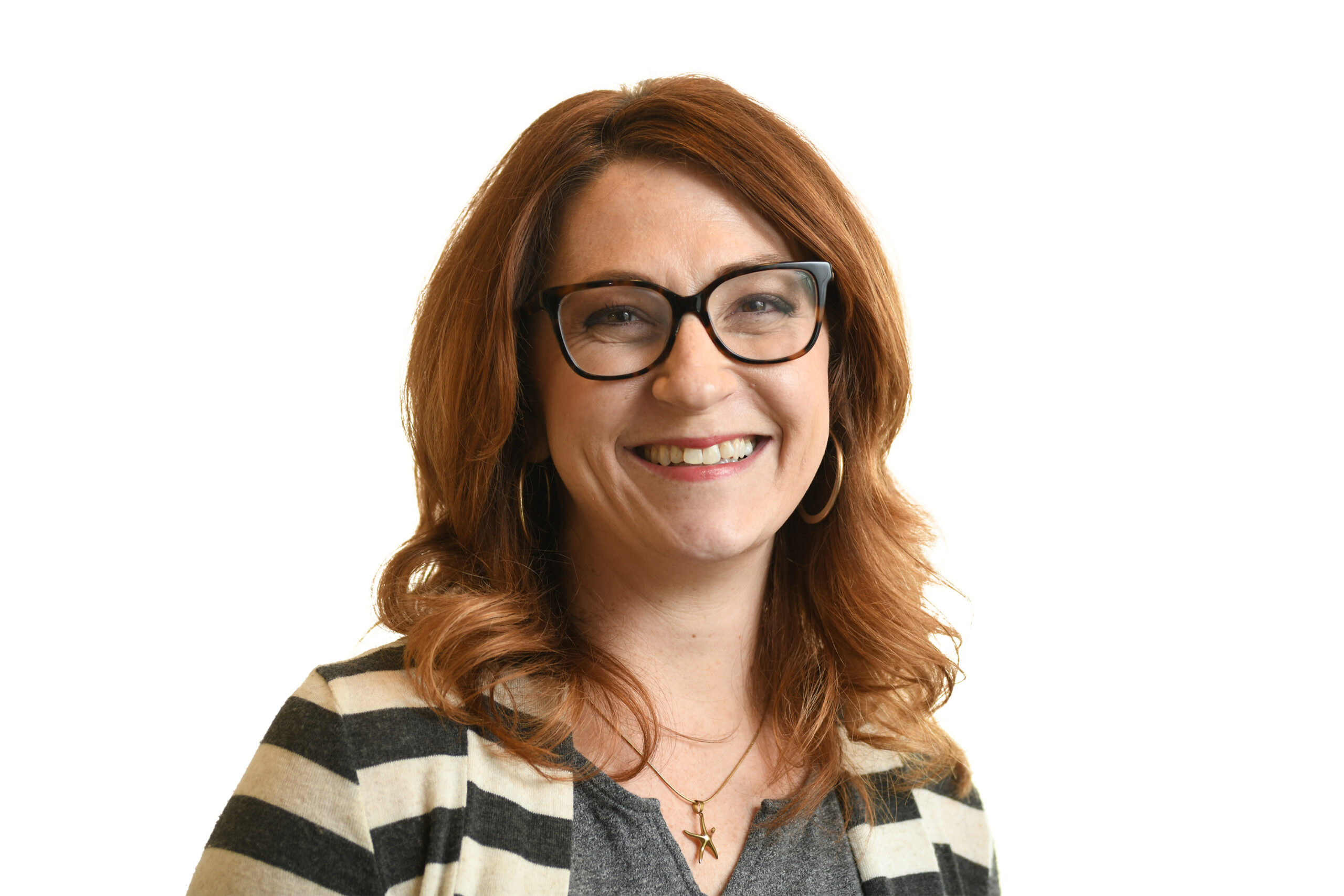1) You just now learned what you’re doing
For most professional jobs, the first year is kind of like drinking from a fire hose. If you have supervisors and coworkers who are understanding, most of the time you’ll get a pass when things come up that you haven’t learned or internalized yet … which is great, but not exactly fulfilling. Do not underestimate the personal and professional satisfaction you can experience when you are operating on all cylinders. Leaving after just one year of MVS deprives you of exercising the mastery you’ve just developed.
2) Increased responsibility
People in the second year of their placement often say they are entrusted with much more responsibility and opportunity for growth. Whether it’s taking on new assignments or leadership, a second year deepens your experience because you have a more complete understanding of your organization’s methods and goals. We hope your service experience isn’t JUST about building your resume, but more responsibility means more experience, and more experience makes you a much more interesting candidate for future opportunities.
3) More value to the organization
As an MVSer, you expand the capacity of a nonprofit organization who cares about creating a more just and equitable society. That’s great! But just because you’re a volunteer doesn’t mean they aren’t also investing in you. The organization provides your training, supervision, and the mental/emotional labor of
incorporating you into their office community.
Think about it from the organization’s point of view. When you depend on a revolving door of volunteers, you are probably most thankful for the ones who make your investment worthwhile. Staying for a second year means becoming less of a tourist and more of a contributor.
4) Establishing yourself in the larger community has benefits on-the-job
Your placement isn’t the only new thing to you in your first year of MVS. Everything is new, including your house, your roommates, your faith community, and the ins and outs of getting around a new city. Even in the best-case scenario, there is still A LOT of transition. And, frankly, that can be exhausting.
The only fix for all this newness is, well, time. Time spent talking to people after church. Time hanging out at the local coffee shop. Time figuring out the best way to get from Point A to Point B. Time spent seeing familiar faces and becoming a familiar face. A second year in your MVS placement will likely feel more relaxed and settled, leaving more mental and emotional bandwidth available for you to dive into your service placement.
5) Trying out a new placement, a new city
MYTH: To do a second year of MVS you must stay in the same city and placement. FACT: Doing a second year of MVS can give you the opportunity to try out another city and placement (or even another placement in the same location). Depending on your situation, there may be lots of benefits to doing so. Take a look at the website to see what else is out there!
6) Your opportunities to do service narrow the older you get
I have the privilege of interviewing many retired folks who are interested in doing short-term service work through SOOP. A common refrain is, "I/We always wanted to do service, but then you get older and life (work/school/kids/caring for aging parents/illness/you name it) gets in the way." Before jumping straight into the next thing, whether it be grad school, a job, or marriage, consider that these kinds of opportunities offered by MVS are not always guaranteed.
7) Two is the magic number
When you google "ideal number of years to stay in a job before leaving," the general consensus (on the first page of results, anyway) is TWO. Maybe it shows that you’re not a job hopper. Maybe it shows that you were at some place long enough to actually contribute and grow. Of course, doing service isn’t entirely the same as having a traditional jobby-job, but in terms of skill development and building your resume, it’s really no different. All that to say: GOOGLE KNOWS BEST. Stay for two years of MVS.
8) More time for discernment while staying professionally engaged
For some volunteers, MVS opens up a whole new world of questions. Who are you? Why are you here? What does meaningful work look like? A second year allows you more time to process, to explore, to self-reflect. If you’re unsure of what your next step will be after MVS, then taking a second year can bring much-needed clarity. Young people often rush into jobs and careers and grad schools out of fear and pressure to start paying back student loans or to keep up a façade that they’ve got it all figured out.
8.1) And speaking of grad school …
I try really hard not to give advice*about this because it’s different for each person, BUT if you are in discernment mode with your next steps, it would be far better to do one more year in MVS than to make a financial/geographical/life-altering decision to attend a grad school you’re not 100 percent sure about. A second year of MVS allows you to continue building on the progress you’ve made in the first year, and gives you more time to consider your options going forward.
*Apparently not hard enough. Sorry!








